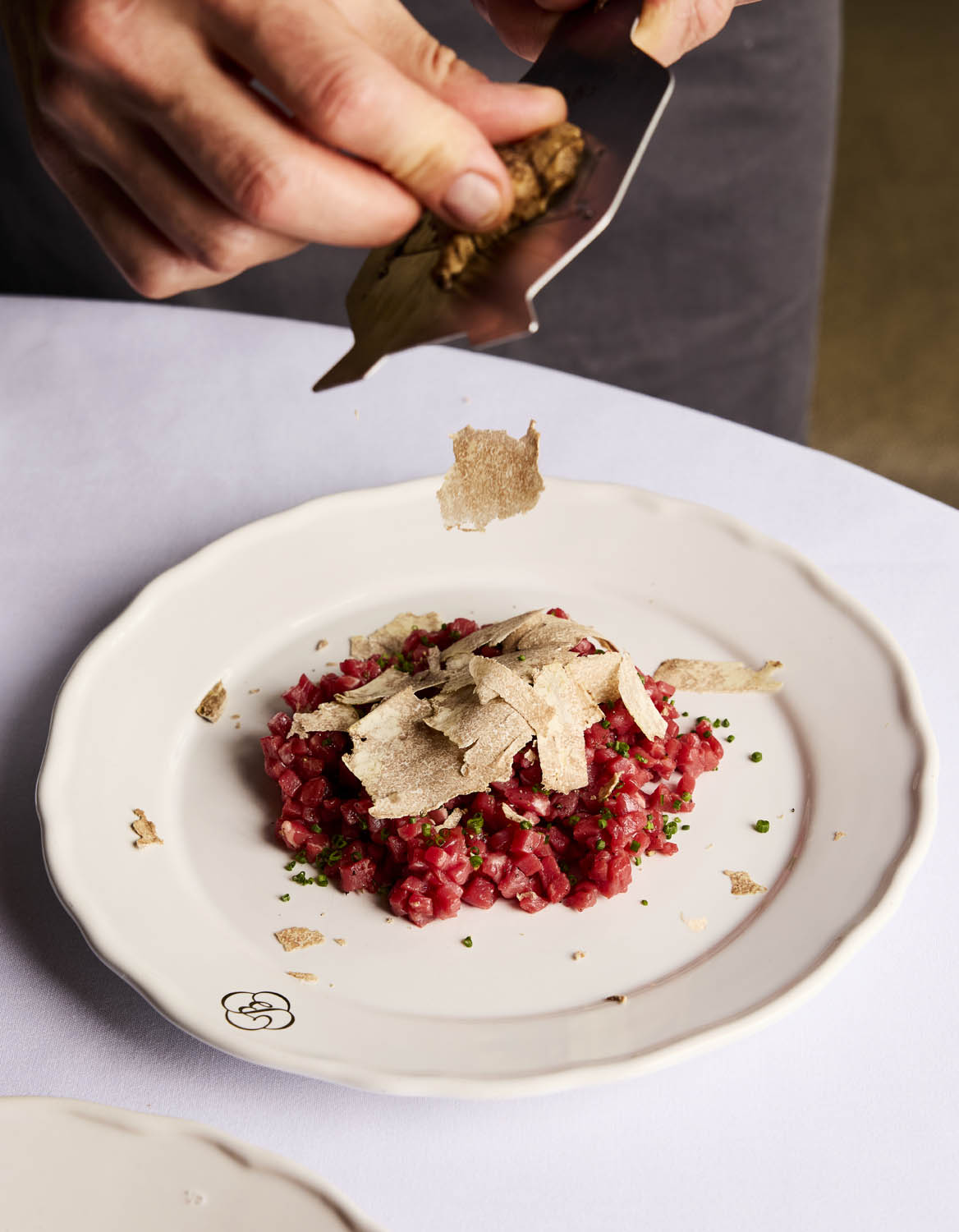Harvest during Covid-19: the lessons learned
The International Organisation of Vine and Wine (OIV) invited representatives from wine bodies in the southern hemisphere to share what they learned from managing a grape harvest during a pandemic.
Speaking during a webinar at the end of last month, representatives from Australia, South Africa, New Zealand, Chile and Argentina shared their experiences and insights.
António Graça, head of research and development at Sogrape Vinhos SA, chaired the discussion, noting that while previously knowledge in the wine world has “mostly flowed form the northern to the southern hemispheres”, the OIV had “reversed the historical flow of knowledge” by inviting southern hemisphere producers to share their observations with the rest of the world.
During the discussion, it was noted that experiences differed based on the timing of harvest in relation to when lockdown measures were imposed. For New Zealand, the lockdown was announced relatively early, though, like in other countries, vineyards and wineries were classed as essential after successful lobbying from industry bodies.
Other countries, such as South Africa, were much further long with their harvest when measures were imposed. However, South Africa has faced its own challenges, with an export ban, which was lifted and reinstated multiple times, together with a domestic sales ban, putting further strain on the industry.
Yvette van der Merwe, the CEO of South African Wine Industry and Systems (SAWIS), described the experience as a “fight for survival”. Like New Zealand, harvesting and winery work was allowed to continue, but domestic alcohol sales were banned from 27 March to 1 June.
She said the situation had shown how well the South African wine industry could work together, despite being fragmented and members having differing opinions.
“When the crisis struck it was just unbelievable to see every single body in the wine industry, whether you were a wine seller, a buyer, a wholesaler or a supplier to the industry, everyone just stood together and realised that we had to work together on a submission to government. So in spite of all the different views and perspectives and profit objectives, it was amazing to see how we could present and compile a submission which everybody was in agreement with,” she said.
In Chile and Argentina, the harvest was unusually early, with yields lower than usual. In parts of Chile, for example, most of the grapes had been harvested before strict lockdown measures were imposed.
Graça also said it was important to acknowledge to what extent mechanised harvesting was used in each of the countries, and the role this played in helping to gather the grapes during social distancing. He noted that Australia and New Zealand use a much higher proportion of mechanical harvesting than Chile, Argentina and South Africa.
Relationship with government
Across the board, participants noted the importance of working closely with both local and national government.
Tony Battaglene, CEO of Australian Grape and Wine Incorporated (Australian Grape & Wine), said the trust developed between the industry and government was key, and that the appointment of a special envoy for agriculture, which had worked directly with his institution, had strengthened the partnership.
Partner Content
“We’ve always had a good relationship, but in this case they were forced to rely on us because they didn’t have the resources to deal with it themselves. They understood that we had the expertise in the area and it went both ways. That meant that our response was so much more effective,” he said.
Aurelio Montes, president of Wines of Chile, agreed, stating that the relationship with the local authorities had meant things happened more quickly.
“It was one of the most important factors which helped our vintage be a happy story,” he said. “From the minister of agriculture all the way down, they were able to very clearly explain how important the wine industry is for employment, commerce and the image of Chile. We export 70% of production. That means you have millions of people buying wine with Chile on the label. Being close to the authorities was key to making things happen fast.”
Communication
Another key lesson was the importance of communication, and being honest when you don’t know the answer.
Jeffrey Clarke, general manager advocacy and general counsel for New Zealand Winegrowers, said: “The one thing that really made a difference for us was transparency. It’s crisis management 101, but you need to be transparent about what you know and what you don’t know. And I think that built trust with our members who were looking to us for guidance, and with the government. We were able to say to our members: ‘we don’t know the answer to that question but we’ll find out’. And I think they gave us a lot more credibility for that.”
Daniel Rada, director of the Argentine Wine Observatory, added: “Anticipation, being ready, and a strong institutional effort was key. Public and private networks are really very effective.”
Ways to improve
Asked what they wished they had done differently, or had done better, Battaglene said he they hadn’t been able to secure a dedicated economic stimulus package for the industry.
“We could not convince the government of the fact that we were in a different situation than where their stimulus packages would work. We’re in a position where about 30% of our wineries are under threat. The next six months is vital for their survival as on-premise, cellar door and tourism will not recover quickly, and I’m not sure the cashflow will keep them alive. I managed to convince most of our ministers, but not the prime minster,” he said.
Van der Merwe said the pandemic had highlighted how the South African alcohol industry must work with the government to address various socioeconomic issues within the country going forward, stating that a communications strategy was in development.
Meanwhile, Montes said that Chile must focus on improving its technology and the speed at which wineries harvest larger volumes of grapes.




